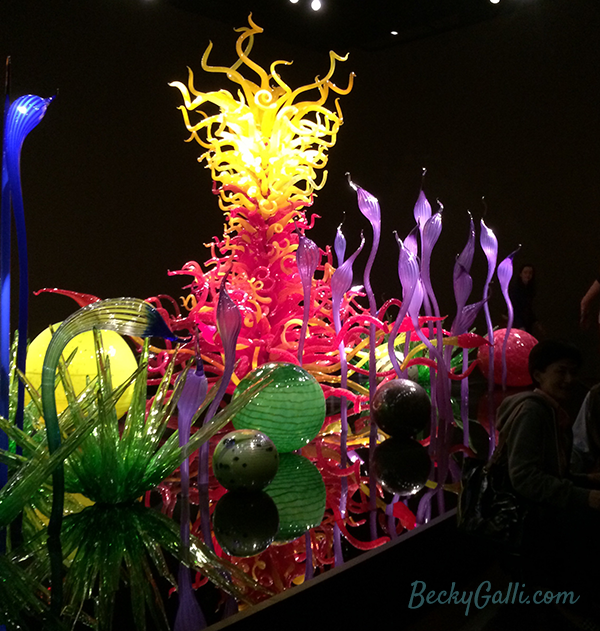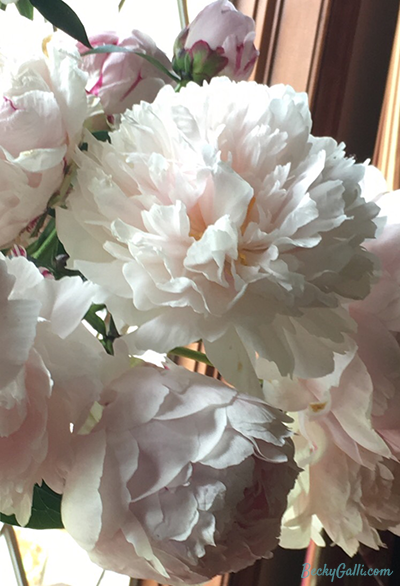
For four days straight, I’d worked nonstop to meet a deadline that I wrote about last week. The morning after I signed the contract, l woke up with what felt like a hangover, even though there had been no alcohol involved—at least not on that day.
Still, my head hurt. But it wasn’t a pounding or piercing pain. My thoughts meandered—heavy, slow, and laboriously inert. My mind felt empty, not of information, but of motivation.
I was spent. I think I had a Deadline Hangover.
As I stared at the blank calendar that seemed to mirror my mind, I realized I had the time to practice what my father called a LID day, or a Let It Develop day.
But what should I do?
With no deadlines or plans to structure the time, I embarked on what I like to call the “promiscuous spending of time.” I caught up on some tasks, ignored others, and let a few hours unfold without a clock guiding me.
Still my mind felt stagnant, unclear.
So I wandered outside and plucked these beauties from my yard.

Somehow I felt better.
Then I recalled an article I’d read by author Polly Campbell on the power of awe. She believes an experience of awe—something physically or metaphorically bigger than ourselves or our experience—has the power to enrich our lives. She references the work of then Stanford Ph.D. candidate Melanie Rudd, who led a study on how awe expands our perception of time.
“With awe, your brain can’t immediately comprehend what it’s seeing or how it works,” Rudd contends. “So it challenges the way you think.” Awe helps bring us to the present moment as we slow down to absorb the experience and try to make sense of it.
And so it was with the precious peonies. As I studied the intricacies of each flower, the stages of growth and hues of each bloom, I marveled at their grace, their steadfast pursuit of becoming.
I was in awe. And my muddled thinking began to clear.
Rudd’s research suggests awe involves a “perceptual vastness” and a “need for accommodation” that inspires a desire for new knowledge structures, and can include experiences in nature, music, art, literature, theater, or movies. The featured photo above is from my trip to Seattle where I visited the famed Chihuly Garden and Glass Exhibit, truly an awe-filled experience.
How about you? What triggers awe for you? Tell me about it. I’d love to know.
Here’s wishing for you a week filled with awe!
My best—always,
Becky (Nana B)
P.S. Here’s a two-minute video on Melanie Rudd’s work: How Awe Expands Our Perception of Time
Sign Up Here, if you’d like to receive Thoughtful Thursdays via email.
Beautiful thoughts and I love the insight into awe, but more importantly, did you overcome the Deadline Hangover? 🙂
As for what triggers awe, the vastness of space and the smallness of tiny, tiny things both do it for me. When I think that there are more molecules in a cup of water than there are cups of water in all the world’s seas…well, that awesome.
Thank you, Michael! Yes, the “awe” moments revived me. Love your experiences of awe. Some are right in front of us, when we take the time to notice. Thanks for your thoughts!